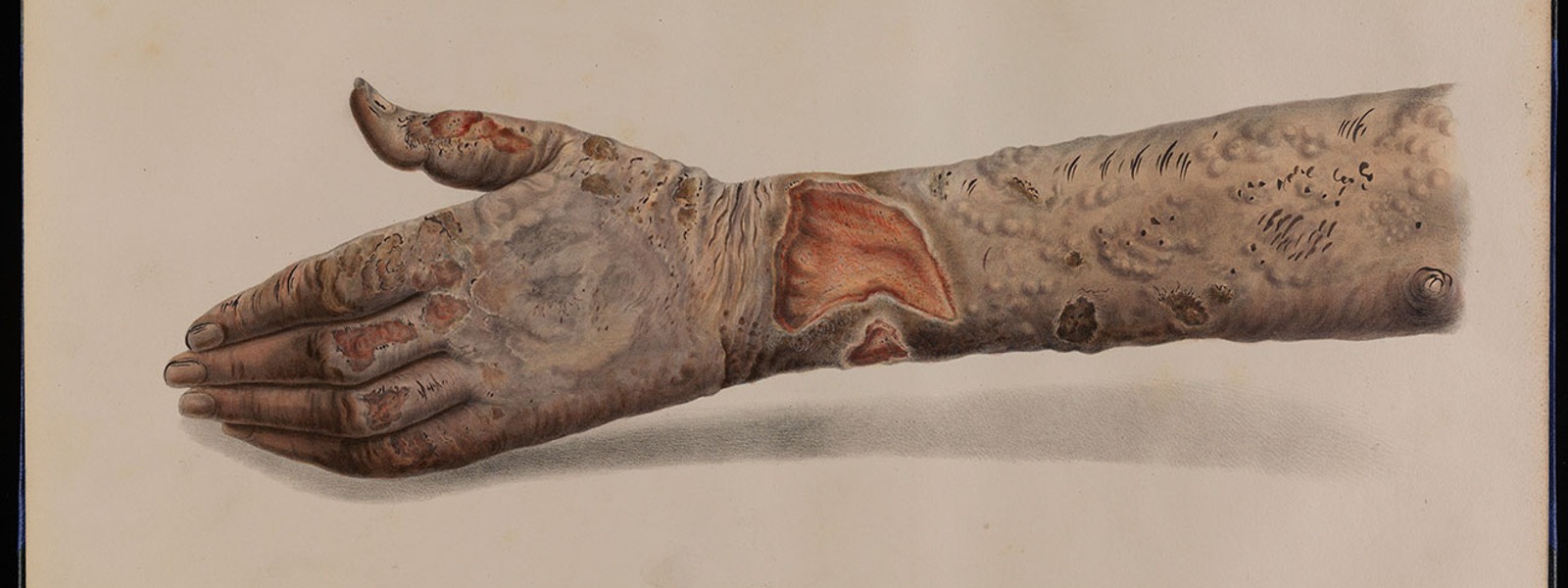.webp)

15% of Leprosy cases among school children this year
Colombo (News 1st) - The Anti Leprosy Campaign at the Health Ministry on Saturday (Nov. 19) warned of an alarming rate in the spread of Hansen's Disease (most commonly known as Leprosy) among school children in Sri Lanka.
Around 15 percent of the cases reported this year were among school children, Dr. Prasad Ranaweera, the Director of the Anti Leprosy Campaign raised the alarm.
An island-wide programme has been launched at the school level to detect Leprosy patients, he said.
With early diagnosis and treatment, Hansen's Disease or Leprosy can be cured, and according to the US Centers for Disease Control and Prevention (CDC), about 95% of humans are immune to the bacteria that cause Leprosy.
"There are two types of Leprosy spreading in the country, that is communicable and non-communicable. Unfortunately, 60 percent of the cases detected so far were communicable cases of Leprosy. This is quite concerning," Dr. Ranaweera told News 1st.
As there is a rapid spread of Leprosy, the detection of patients was further expanded and in the past three months alone, over 500 cases of Leprosy were detected, he pointed out.
In the past three months, more than 170 Leprosy patients were detected from the Colombo district, followed by 126 cases from the Batticaloa district, 114 cases from Gampaha and 82 patients from Kalutara.
According to Dr. Ranaweera, the Western Province and the districts of Anuradhapura and Kurunegala have been identified as Leprosy high risk zones in terms of transmission.
There are around 3000 to 4000 undocumented cases of Hansen's Disease in the country, noted the Health Ministry.
Between 2011 and 2015, Sri Lanka was listed among the countries that reported more than 1,000 new cases of Hansen’s disease to the World Health Organisation (WHO).
Prolonged close contact with people who have untreated Hansen’s disease could expose one to the risk of Leprosy. However, as soon as patients start treatment, they are no longer able to spread the disease, according to the US Centers for Disease Control and Prevention (CDC).
Other Articles
Featured News





.png )

-778069_550x300.jpg)







-777755_550x300.jpg)
-777749_550x300.jpg)
-777743_550x300.jpg)
-777316_550x300.jpg)








.webp)






